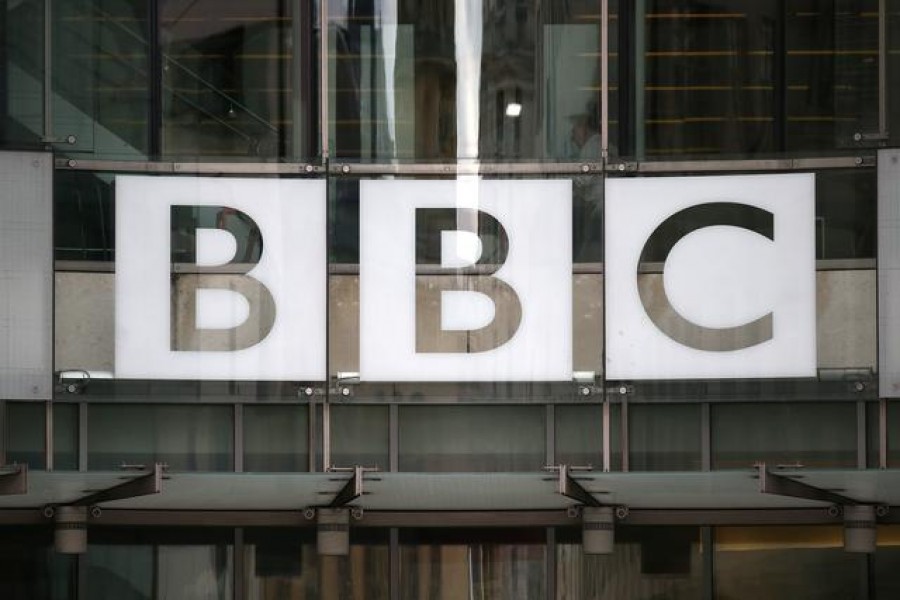Britain named former Goldman Sachs banker Richard Sharp as the next chairman of the BBC, tasked with agreeing a long-term funding model for the broadcaster at a time of increasing competition and political scrutiny.
Culture Secretary Oliver Dowden said Sharp was “exactly the chair the BBC needs right now”.
“I’m confident he will drive forward reforms to the BBC to ensure it impartially reflects and serves the needs of all parts of the UK, and evolves to remain a global success that is central to British national life in the decades ahead,” he said.
Sharp is a former donor to the Conservative Party and worked with finance minister Rishi Sunak at Goldman Sachs, according to a BBC news report. He has recently been advising Sunak.
The chairman, who is officially appointed by the queen on the recommendation of the government, is responsible for upholding and protecting the independence of the BBC, which is funded by a licence fee paid by every TV-watching household, according to a Reuters report.
“The BBC is at the heart of British cultural life and I’m honoured to be offered the chance to help guide it through the next chapter in its history,” Sharp said.
He will join the broadcaster next month as it faces some of the biggest threats to its future since it was founded 98 years ago.
Prime Minister Boris Johnson has voiced scepticism about the licence fee at a time when the BBC’s TV audiences are shrinking and streaming services like Netflix are growing in popularity.
The BBC is often accused of bias by critics from both ends of the political spectrum. While some Conservatives perceive it to be London-centric and left-leaning, those on the left of the opposition Labour Party see it as biased against them.
Sharp will succeed David Clementi, a former deputy governor of the Bank of England, who is stepping down next month after four years.
Sharp will be paid 160,000 pounds ($220,000) for working three to four days a week, the government said.
Clementi confirmed he would step down in June when he announced the appointment of Tim Davie as the new director general of the broadcaster.
Davie is editor in chief, responsible for the BBC’s content across television, radio and online services, as well as leading its operations.
A review of the BBC’s funding is due in 2022 before its royal charter needs to be renewed in 2027.
Sharp’s appointment was reported by Sky News hours before the official announcement.
A committee of lawmakers that oversees the work of the department for Digital, Culture, Media and Sport said it was disappointed to see news of the appointment leak.
“The committee previously expressed some concerns over the appointments process, calling for it to be fair and transparent,” Chair Julian Knight said in a statement.


